On Friday, 18 November, the Federal Minister for Industry and Science, Ed Husic MP, announced the 60 diverse and brilliant scientists, technologists, engineers and mathematicians who have been selected as the new cohort to join the Superstars of STEM - a program run by Science & Technology Australia designed to help inspire the next generations of diverse young Australians into STEM.
Energetics was thrilled to learn that Megan Born, our Analytics Lead was chosen for this prestigious and high-profile program.
In the interview below, Megan talks about her passions, her role at Energetics and the importance of inspiring the next generation to pursue careers in STEM.
When did you discover your passion for mathematics and science?
I don't remember not having it, which says a lot about my upbringing, the schools I went to and the type of education that I had. That the idea of not doing it just wasn't even entertained. I always liked going to school, but I think what I really enjoyed was learning new things and solving problems. This kind of curiosity naturally lent itself to the scientific side of things. At the end of year 12 I was choosing between music and engineering/science – and had the realisation that it’s much easier to do music as a hobby than it is to do chemical engineering!
Who has been a role model for you over your career?
This might appear to be a little bit of a cop out, but my answer is everyone I work with! With each project I try to bring that attitude of "I can learn something from this person, and everybody's got something to contribute". By keeping that mindset, I could argue that just about everybody in some shape or form has taught me something and been a role model.
Tell me a little bit about your role as Analytics Lead at Energetics.
The short version is I try and come up with new ways to solve new problems. Generally at Energetics we tackle the problems that no one's been able to solve. Specifically in my role as Analytics Lead, I look at platforms, tools and models we haven't typically used before, specifically in the data space, to help solve our clients' problems.
What are some of the projects you’ve worked on at Energetics that have inspired you?
I've been at Energetics for 10 years, and have worked with some clients over that entire time. What I've really enjoyed is seeing their evolution – what they're doing differently compared to 10 years ago when I first started. It's representative of not just the journey that our clients have been on, but how the world has changed when it comes to dealing with climate change. Obviously there's still a lot to do, but when I first started a lot of work was driven by compliance reporting (such as the Energy Efficiency Opportunities Act), whereas now it's more sophisticated and nuanced.
More recently, a lot of projects involve disparate data sets, and we need to use them in new ways for a client’s situation. This challenges me to think differently, and keeps me wondering what projects are coming next.
What made you apply for the Superstars of STEM program and how do you plan to inspire the next generation to further their STEM careers?
Some of the details remain to be seen as the program unfolds. Between school visits, being out in the media and continuing the formal and the informal mentoring that I do at Energetics, I aim to be a continuing presence. I’m looking forward to learning through the program what other approaches may be used, and making the most of the opportunities it presents along the way.
As I said earlier the idea of not studying maths or science just never occurred to me. But I know that not every student has the same experience – whether that be from people externally to them or their own mindset; in 2021 girls were half as likely as boys to aspire to a career in STEM[1]. By being more visible, I hope to help change the mentality of some students to "I could do that one day".
How are you balancing studying for your PhD and your consulting career?
Excellent question, and one I sometimes still ask myself! I have been a part-time student whilst working at Energetics four days a week for five years, so I’m used to balancing a degree and my consulting work. One of the main things for me is being comfortable with slow and non-linear progress. This is something that I'm getting used to, but it comes down to believing I can do anything but I can't do everything at once. So being comfortable with the idea that the PhD might take me five, six years - and I'm okay with that because I like to sleep as well!
What are some of the things that you do for fun?
It is about enjoying the journey, not just the destination. So trying to find ways to see things as enjoyable along the way rather than a slog to an end goal. Given I like learning new things and problem solving, I actually find working on my PhD relaxing (ask me again on a day my code isn’t working, or I have looming deadlines). Some people solve jigsaw or Sudoku puzzles in their spare time, my puzzles happen to involve writing papers and a thesis!
With so much going on, what keeps you passionate and enthusiastic about your career?
I'm fortunate that the sort of work we do at Energetics is easy to stay passionate about. Honestly, being surrounded by such passionate colleagues it's hard to not stay enthusiastic. Knowing that I’m working on projects with tangible impacts keeps me going.






